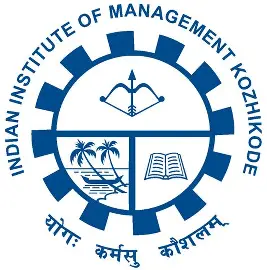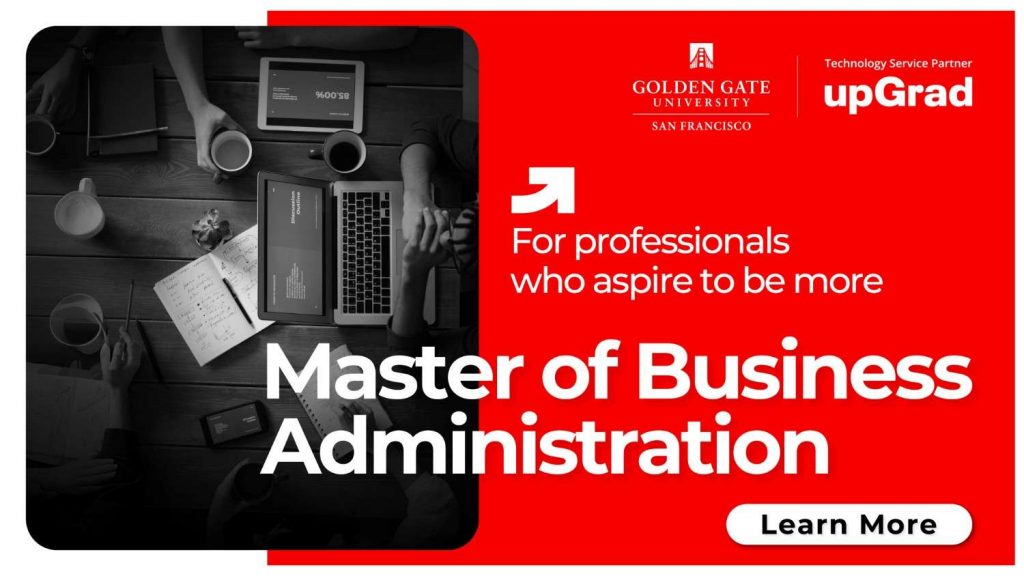The extent to which formal education is infused into family enterprises has been an exciting topic of discussion in the dynamic business environment. With many family businesses approaching the uphill task of business succession, the role of MBA graduates has become of increasing interest. How do MBA family business professionals deal with the intricacies and peculiarities of such organizations? The following article focuses on the central role of MBAs in family business management and their consequences for business continuity and overall success.
The Unique Challenges of Family Business
Family Business Dynamics
Family businesses are often successful, deeply rooted, and have some unique challenges that may further complicate their running:
- Emotional Ties: The difficulty of separating personal feelings from professional decision-making can result in conflicts.
- Succession Planning: Succession can be challenging from generation to generation; ensuring an easy transition may prove thorny.
- Upholding Tradition vs. Innovation: Balancing legacy preservation with modernization is usually at odds.
How MBA Family Business Graduates Help
Advanced Skills and Knowledge
MBA programs arm graduates with advanced skills and knowledge to surmount the complex challenges of family business management:
- Strategic Planning: MBA graduates have experience with strategic planning that could be useful in setting long-term goals or further ensuring sustainable growth. A deep understanding of financial management may lead to better allocation of resources and profitability.
- Leadership and Management: Effective leadership and management practices taught in the MBA coursework will be vital to developing a framework for successfully managing the dynamics of the family-owned business.
Enhancing Business Continuity
However, the more influential advantage of having MBA family business professionals is the enhancement of business continuity. With their expertise, they can implement robust systems and processes to ensure the business thrives across generations. In so doing, this would not only help secure the business’s future but also promote a culture of continuous and innovative improvement.
Harnessing Modern Practices
A graduate with an MBA is learned about modern business practices, which an organization run by families could adopt seamlessly:
- Technology Integration: They can introduce newer technologies to improve efficiency and operations.
- Market Expansion: As they are aware of market analysis and expansion, they can suggest new ways to expand the business.
- Sustainability Practices: Focus on sustainable practices secures the future and comes under the umbrella of Business Ethics prevalent today.
Case Study: A Real Example
Take the case of a family-owned manufacturing house. It initially struggled with the problems of succession planning and modernization. Everything changed when an MBA family business graduate stepped in. It increased not only market reach through strategic planning and financial restructuring but also made the transition to the next generation extremely smooth.
The Role of MBAs in Business Succession
Facilitating Smooth Transitions
Some of the critical roles that MBA family business professionals play in facilitating smooth transitions during succession include:
- Succession Planning: They develop comprehensive succession plans outlining clear roles and responsibilities for the next generation.
- Conflict Resolution: The training in conflict resolution helps manage possible disputes that might arise during the transition.
- Mentorship: She/he often becomes the mentor who’s been through most of the pitfalls and can guide the next generation through the intricacies of business management.
Conclusion
Today, the engagement of MBA professionals in family businesses will bring immeasurable value in any competitive business environment since they will be carrying a bundle of knowledge and skills with modern practices to transform family-run enterprises. They address unique challenges and problems related to business continuity and smooth transition and form a core alchemy in the long-term sustainability of family businesses.
FAQs
1. What is the role of MBAs in managing family businesses?
MBAs in family business management introduce advanced skills, strategic planning, financial acumen, and leadership abilities that are essential in addressing family-run enterprises’ special challenges.
2. How do MBA graduates enhance business continuity in family businesses?
They introduce robust systems and processes, adopt new practices, and ensure smooth generational transitions, all in the interest of business continuity.
3. What are some of the challenges unique to family businesses?
Family businesses usually suffer from emotional attachments, succession problems, and balancing tradition with innovation.
4. How are the MBA programmes helpful to family business professionals?
Therefore, the MBA programmes will help family business professionals with strategic planning, financial management, and leadership skills, which are very relevant to running family businesses.
5. Can MBA graduates help solve conflicts within family businesses?
Yes, MBA graduates are trained in conflict resolution, which helps them manage disputes that arise within family businesses.
6. Why is succession planning necessary in family businesses?
It is indispensable for the smooth transition of leadership from one generation to another by maintaining business continuity and stability.






























